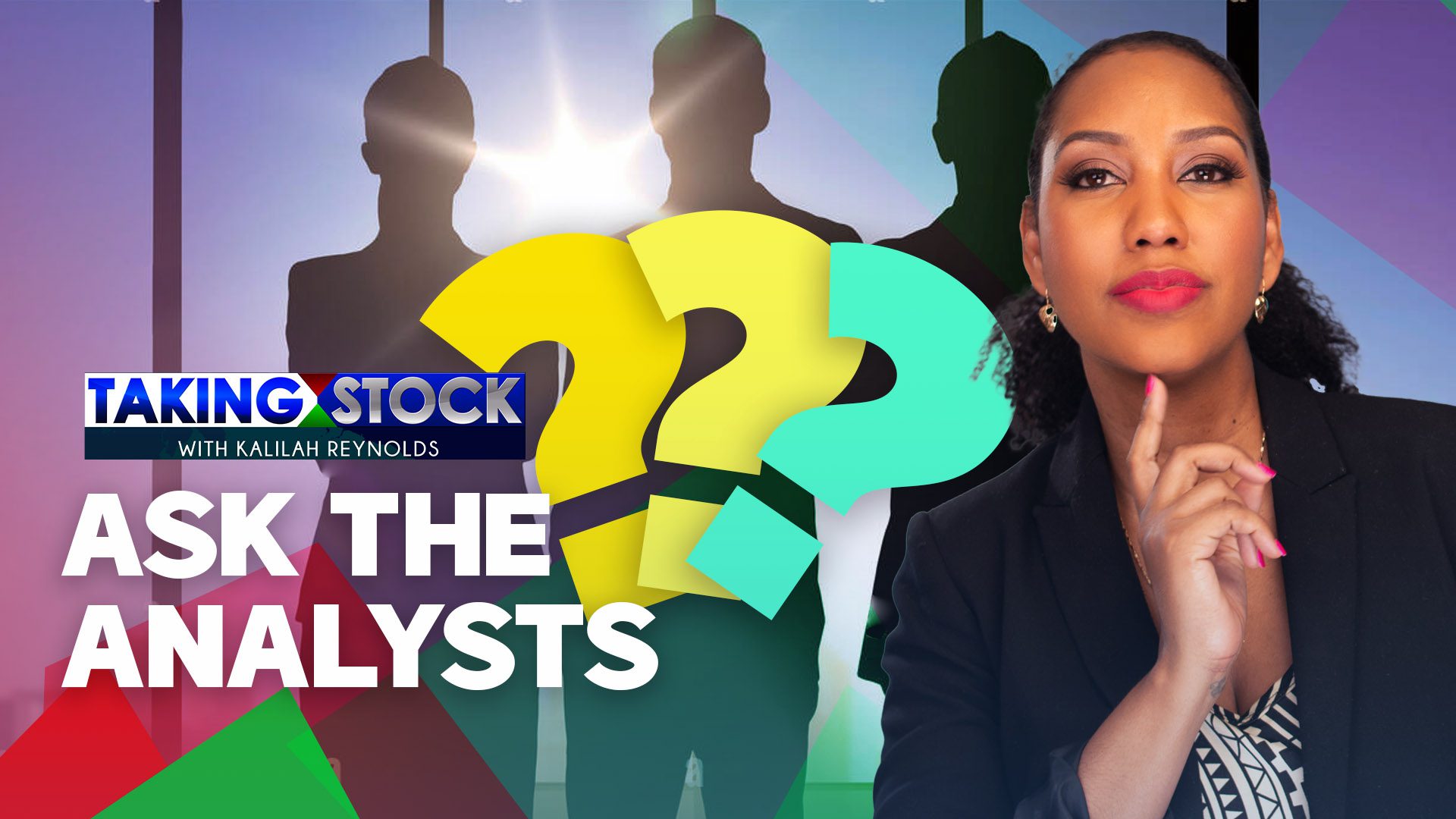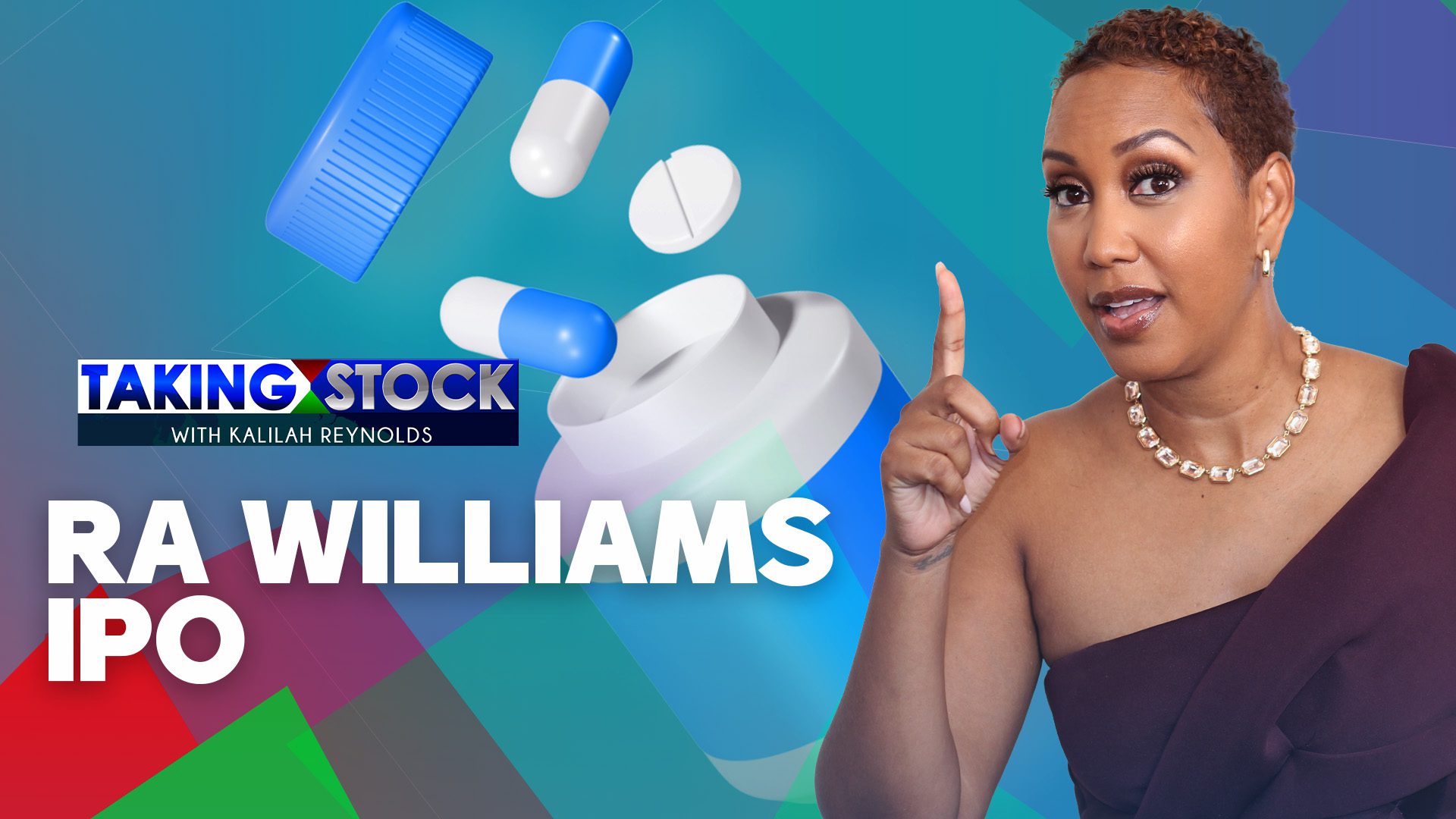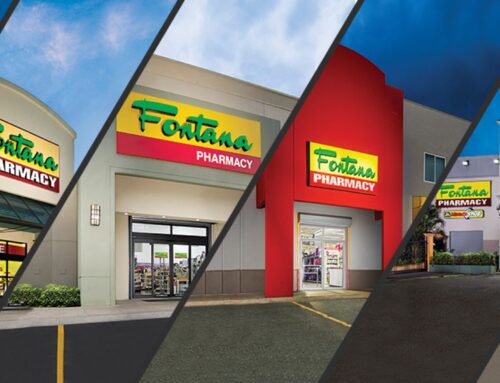Why did NCB’s APO miss its target?
So the NCB APO is closed, but they were only able to raise half of what they wanted. $2.5 billion is still a lot of money, so what’s next?
NCB Financial Group was initially targeting J$5 billion from its additional public offer. That’s about US$32 million. But in this environment? I thought it would’ve been a tough sell, and indeed they came up short.
The APO opened on May 6 and closed on June 3. After extending the offer for an extra week, the company received about 3000 applications.
Even though it wasn’t what they wanted, the NCB execs say they’re still pleased with the APO’s performance.
CEO of NCB Capital Markets, Angus Young, said that given the high interest rate environment, and Jamaica’s tight financial policies, $2.5 billion is still good.
The Bank of Jamaica has held interest rates at 7% for almost two years now to help curb inflation and stabilize the Jamaican dollar.
But, while that helps with inflation, it also impacts investor behaviour. Why invest in stocks when you can get high interest rates on bonds and fixed deposits?
Also, other factors such as consumer confidence in NCB may have impacted the success of the APO.
We’ve seen where a number of customers have expressed dissatisfaction with NCB’s customer service and fraud protection.
Now NCB plans to take the money they’ve raised and use it to pay off some debt and make sure its financial holding company is in a strong position.
They’re also looking to upgrade their network of ABMs all over the island to meet the new standards set by the BOJ.
NCB stock ended trading on June 12 at $57.62, which is actually lower than the APO price of $65. So if you bought into the APO, you’re down 11%.
But to be fair, NCB shares were already trading below APO price even during the APO. And that could’ve been a reason that many retail investors stayed away.
My guess is that a lot of institutional investors like pension funds bought the APO. Because if you’re trying to buy NCB shares en masse, an APO is a great opportunity to snap up the numbers you wouldn’t otherwise get. And if you’re thinking long term, meaning 10 years or more, you also have the chance to get a lot of shares at a relatively low price, all things considered.
And that’s the bottom line.
Ask The Analysts
The Cast David Rose Business Writer, Observer Leovaughni Dillion Investment Research & Sovereign Risk Analyst at JMMB Group
R.A. Williams to list on JSE
The Cast Audley Reid CEO R.A. Williams Distributors Julian Morrison Founder, Wealth Watch JA














Leave A Comment